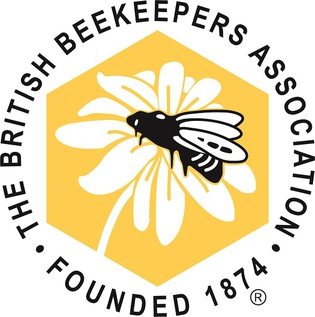The VespAI Team
VespAI was developed by an interdisciplinary team of biologists, data scientists, and software engineers based at the University of Exeter.
The Journey
We first started working on methods to detect and control Vespa velutina (the yellow-legged or Asian hornet) in 2016, developing a technique to radio-track individual hornets back to their nests (Kennedy et al 2018). This initial endeavour sparked the idea for an automated detection system, out of the recognition that little tracking can be initiated without an effective method of locating the hornets. Through further work studying the impact of V. velutina on native pollinators (O’Shea-Wheller et al 2023; Rojas-Nossa et al 2023; Pedersen et al 2025), we were able to gather a focussed team of researchers to begin development of such a system. And so VespAI was created (O’Shea-Wheller et al 2024).
Members
-

Juliet Osborne
An applied ecologist, with a background in bee and pollination ecology. She led the pollinator and hornet research team at the University of Exeter’s Environment and Sustainability Institute, and is now a freelance academic and an Honorary Professor.
-

Andy Corbett
The director of AI at digiLab and an Independent Scientific Advisor at the Alan Turing Institute. He specialises in uncertainty quantification methods and explainable techniques for AI and machine learning, building products to deliver trustworthy AI workflows to safety critical industries.
-

Peter Kennedy
A behavioural ecologist, with a focus on beneficial insects, their movement and foraging behaviour, and an interest in utilising technology to aid such research. He has over ten years of research experience with invasive hornets.
-

Thomas O'Shea-Wheller
A biologist with research interests in social insect behaviour and applied deep learning. As a Research Fellow based at the University of Exeter, he utilises automated tracking and behavioural quantification to address broad questions in biology.
-

Mario Recker
A mathematical biologist with a research focus in computational biology and machine learning. Based at the University of Exeter’s Centre for Ecology and Conservation, he applies a range of statistical techniques to resolve challenges in epidemiology and ecology.
-

Stephen Cook
A research software engineer with expertise in scientific computing, based at the University of Exeter’s Research Software and Analytics Group.
-
-

Michael Saunby
A research software engineer also based at the University of Exeter’s Research Software and Analytics Group. His expertise lies in the development of scientific software in research and operational environments.
Funding
This work was funded by the BBSRC grants ‘Asian Hornets: Measuring and Modelling the New Emerging Threat to Managed and Wild Pollinators’ (BB/S015523/1); and ‘VespAI – An Alert System for Invasive Asian Hornets Based on Artificial Intelligence’ (UKRI002), we also thank The Halpin Trust for further financial support.










